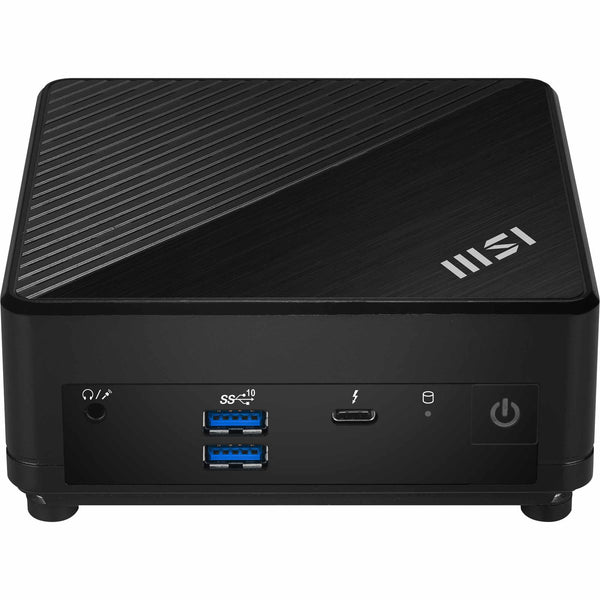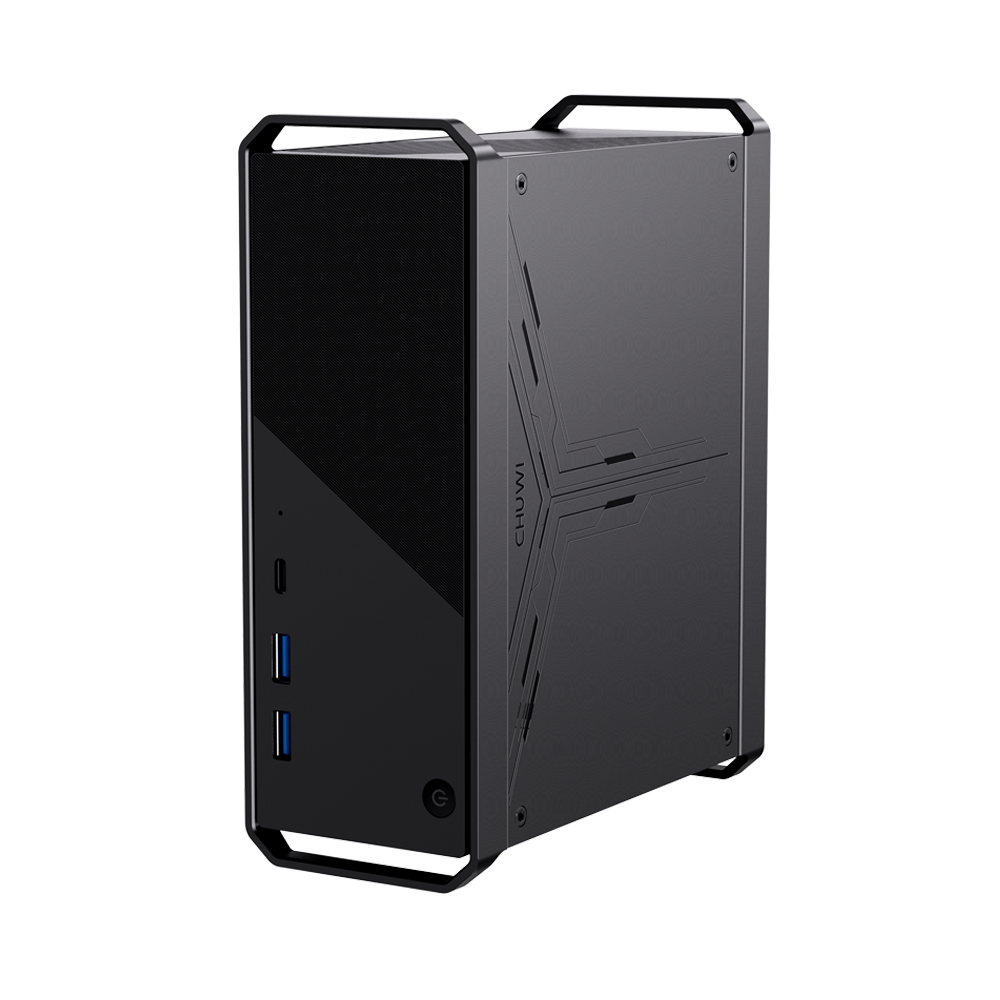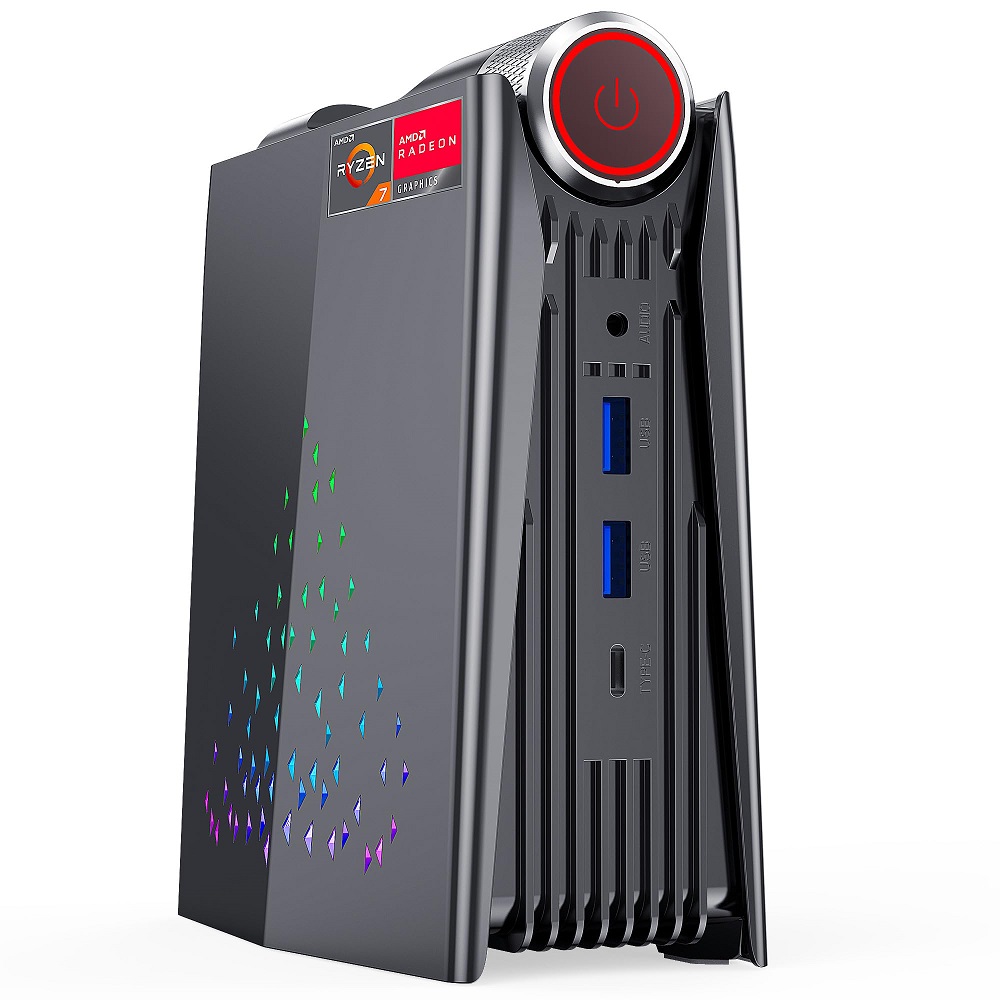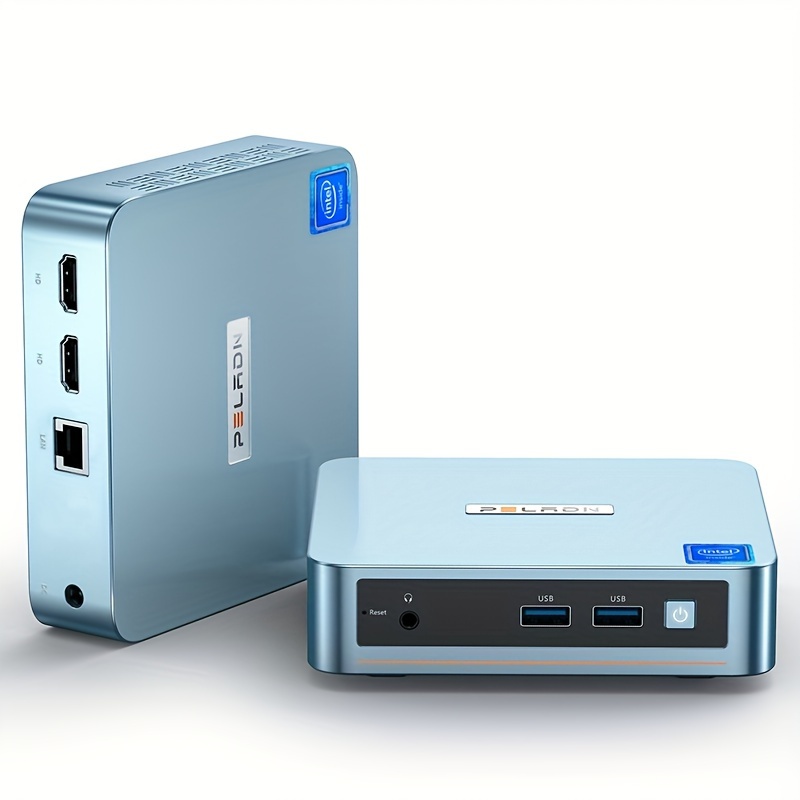Choosing between a small desktop and a laptop can be a challenging decision. Both have their strengths and weaknesses, and the right choice will largely depend on your unique needs and lifestyle. In this article, we will delve into the key differences between small desktop and laptop, exploring their advantages, disadvantages, and ideal use cases to help you make an informed decision.
Understanding Small Desktops
What Are Small Desktops?
Small desktops are compact computer systems designed to offer many of the same features as traditional desktop computers, but in a smaller form factor. Typically, they have a separate monitor, CPU, keyboard, and mouse. Some models can fit into tight spaces and are often marketed as “mini PCs.” These systems are ideal for users who want a permanent workstation without consuming too much space. Small desktops are well-suited for home offices, small business environments, or even as family computers.
Pros of Small Desktops
One of the main advantages of small desktops is their upgradeability. Unlike most laptops, these systems often allow users to change out components, such as RAM or storage, making them more versatile over time. They generally have superior performance capabilities compared to laptops at an equivalent price point. This is particularly true for tasks that require extensive processing power, such as gaming or graphic design. Additionally, small desktops usually come with a full-sized keyboard and larger display options, providing a more comfortable typing and viewing experience. Overall, if you favor a fixed setup and appreciate customization, a small desktop could be a great match for you.

Advantages of Laptops
Portability and Convenience
Laptops are designed for portability, allowing users to work, study, or relax in various settings—from coffee shops to libraries to living rooms. This convenience makes laptops a favored choice for students and professionals who are always on the go. With their built-in screens, keyboards, and batteries, laptops provide everything you need for computing without the added burden of extra components or setup. Imagine being able to grab your laptop and work from your favorite café or take it to a friend’s house without much hassle—this flexibility is a game changer.
Battery Life and Wireless Connectivity
Another significant advantage of laptops is their battery life. Many modern laptops can run for several hours without being plugged in, enabling you to work anywhere without worrying about finding an outlet. This freedom allows users to stay productive during long commutes or while traveling. Most laptops come with built-in Wi-Fi and Bluetooth capabilities, allowing for easy connectivity with other devices. This seamless connectivity further enhances their convenience, making them perfect for those who travel frequently or work remotely. Whether you need to present your work during a meeting or share files with colleagues, a laptop’s mobility and connectivity make this effortless.
Performance Comparison
Desktop Performance Capabilities
In general, small desktops tend to outperform laptops in terms of raw processing power, especially when it comes to multitasking and running resource-intensive applications. They often feature stronger processors, better graphics cards, and more expandable memory options. For instance, if your work involves heavy-duty applications like video editing or 3D modeling, a small desktop might be the better choice for its superior capabilities. Desktops have the additional advantage of managing thermal load better, meaning they can often run for extended periods without overheating.
Laptop Performance Considerations
On the flip side, laptops have improved significantly in performance over the years. Many latest models come equipped with fast processors, good RAM options, and dedicated graphics cards, enabling them to handle a variety of tasks efficiently. That said, the compact design can limit their performance potential compared to desktops. If most of your tasks are basic—like web browsing, word processing, or streaming media—a modern laptop will typically provide ample power to get the job done without major issues. However, for specialized tasks that require sustained heavy performance, it’s essential to carefully consider your laptop’s specifications to ensure it meets your needs.

Cost Factors
Pricing of Small Desktops
Small desktops often present a more cost-effective solution for users seeking robust performance. Although you can find budget laptops, small desktops generally provide better performance-to-price ratios. Investing in a small desktop system often means getting more powerful components for your budget. Moreover, you can upgrade specific components over time, rather than replacing the entire system when you need more power. This ability to customize and upgrade can offer significant savings down the road as technology evolves.
Laptops and Budget Considerations
However, when considering portability, laptops may fetch a higher price for similar capabilities. A laptop with rigorous specifications can quickly become expensive, particularly if it features advanced graphics capabilities needed for gaming or specialized applications. If you prioritize portability and convenience, financing those features into your budget may be worth it. Additionally, remember to factor in any peripherals that may be necessary for a laptop, such as an external mouse, keyboard, or docking station, which could further impact the total cost. Being aware of your intended use and how much you’re willing to spend can help guide your decision in either direction.
Ergonomics and Usability
Comfort with Small Desktops
For users who spend long hours at their computers, small desktops can provide a more comfortable setup. With a separate monitor, you can adjust your screen height and distance for optimal ergonomics, significantly reducing strain on your neck and back. Additionally, a full-sized keyboard can lead to a better typing experience, particularly for those who do a lot of writing, coding, or data entry. You also have the option to use a tailored gaming keyboard or mouse for better performance during extended sessions, making it more enjoyable.
Portability vs. Comfort in Laptops
Laptops, while convenient, may not always offer the same comfort levels as desktops. Many users find the built-in keyboards, trackpads, and smaller screens can lead to discomfort over more extended periods. This issue can be mitigated by using docking stations that allow you to use external monitors and accessories, thus creating a more ergonomic arrangement. However, continuous use in various environments can still lead to ergonomic challenges. If you plan to use your computer primarily in one location, investing time and resources into a desktop may provide a substantial edge in ergonomics, making it a wise choice for users who prioritize comfort.
Use Cases and Ideal Scenarios
Best Situations for Small Desktops
Small desktops are ideal for anyone requiring high performance in a home or office setting. Gamers, content creators, and professional users working with graphic design or heavy multitasking will appreciate the performance capabilities of a desktop setup. For instance, designers often need to run demanding software like Adobe Creative Suite, which benefits from superior processing power and graphics performance. Moreover, their upgradeability means they can adapt as your needs evolve—a significant advantage for tech enthusiasts who want to keep their systems current. Families with kids who need a reliable computer for homework, games, and streaming will find a small desktop meets diverse needs effectively.
When to Prefer a Laptop
On the other hand, laptops shine in situations where portability and flexibility matter more than raw performance. If you travel frequently, attend classes, or work in coffee shops, a laptop is likely the better choice. Students who need to study in different locations will find a laptop invaluable for taking notes, reading materials, or participating in online classes. Additionally, professionals who have to attend meetings across different sites benefit from the ease of moving a laptop. This mobility ensures that you can stay productive without sacrificing comfort or convenience, making laptops an indispensable tool in modern work and study environments.

Making Your Decision
Ultimately, the decision between a small desktop and a laptop comes down to your specific needs and lifestyle preferences. If you value performance, upgradeability, and a comfortable workspace setup, a small desktop is likely the best option for you. However, if you require portability and flexibility, a laptop will be your best companion.
Consider your daily routines, the types of tasks you will perform, and how much you prioritize mobility versus performance. Think about whether you’ll often be stationed in one place or if you’ll be frequently on the move. Take the time to assess what you need in a computer, reflect upon how you envision using it daily, and what scenarios are most likely to apply. With thoughtful consideration, you’ll be able to choose the right device that aligns with your lifestyle, enhancing your productivity and making your technology experience as seamless as possible. In doing so, you will not only find a computer that suits your immediate needs but also one that remains relevant as your requirements evolve over time.
